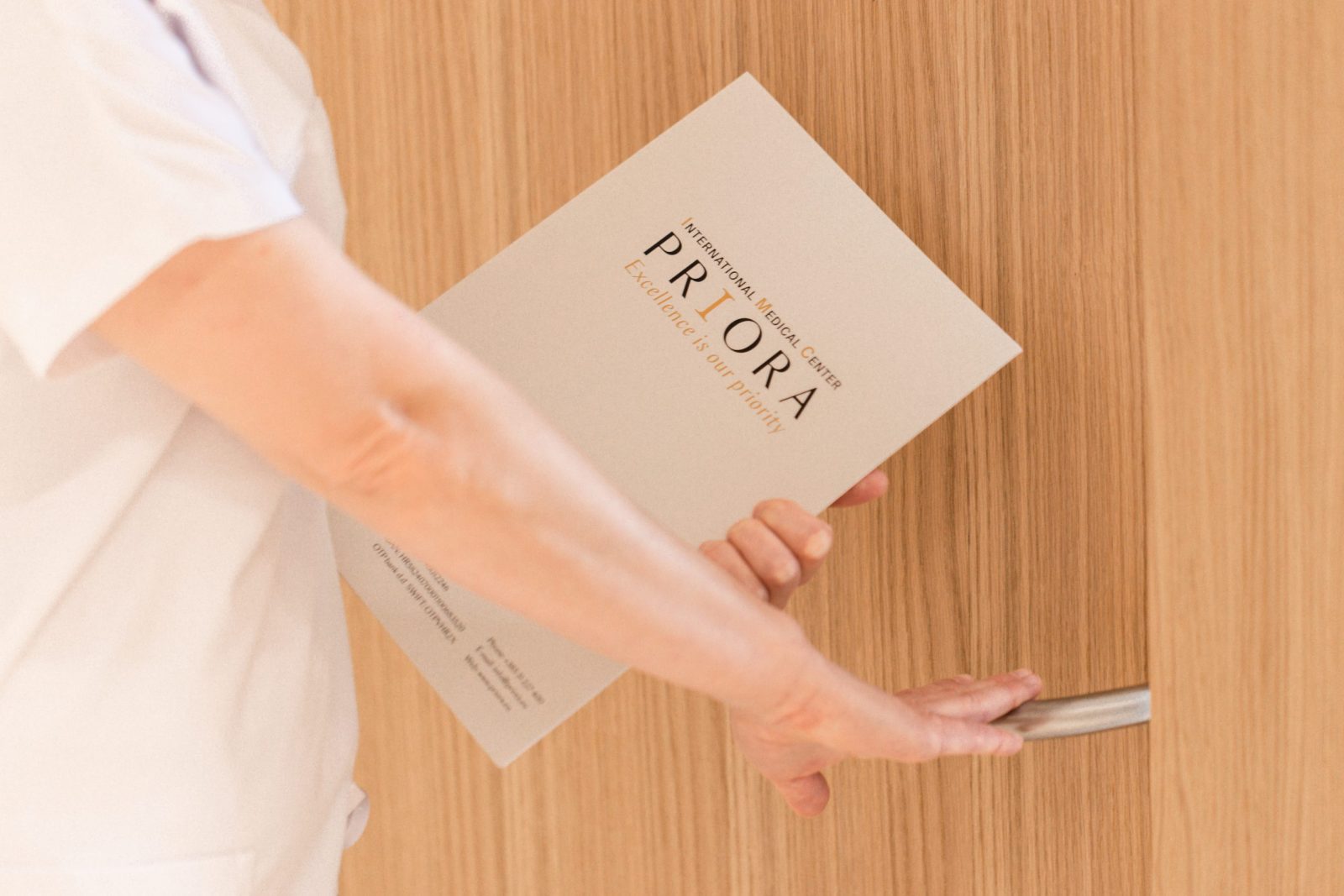Guidelines After Radical Prostatectomy
After radical prostatectomy surgery, every patient receives clear and personalized recommendations regarding physical activity, wound care, nutrition, medication, and other important aspects of recovery. All instructions will be outlined in the discharge letter provided before leaving the hospital.
Special considerations:
1. Anticoagulant therapy
If you were taking blood-thinning medications such as aspirin, clopidogrel, or similar agents prior to surgery, continuation of this therapy will be adjusted individually in consultation with your urologist and/or treating physician. Therapy is typically paused prior to surgery to minimize bleeding risk and will be reintroduced once it is deemed safe.
2. Thrombosis prevention
Based on the extent of your surgery and your individual risk factors, you will receive tailored instructions upon discharge. These may include recommendations regarding movement, use of compression stockings, and/or anticoagulant medications to help ensure a safe recovery.
3. Postoperative radiation therapy
The need for adjuvant radiation therapy is assessed individually based on surgical findings and final pathology results. All decisions are made within a multidisciplinary team, and you will be informed and advised in a timely manner. Further treatment planning will be provided before discharge or upon completion of the histopathological analysis.

After Transurethral Resection of the Bladder (TURB)
To ensure a safe and smooth recovery, please follow these important recommendations during the postoperative period:
-
Avoid heavy physical activity such as lifting heavy objects, gardening, or cycling for the first 4 weeks.
-
Avoid baths and saunas, as heat may cause blood vessels to dilate and increase the risk of postoperative bleeding. Showering is permitted without restriction.
-
Sexual activity should be avoided during the first 4 weeks.
-
No special dietary restrictions are required, but it is recommended to drink at least 2 liters of fluid per day.
-
Coffee, tea, and an occasional glass of beer or wine are allowed. Fruit juices should be diluted with water, as pure juice may increase irritation.
A burning sensation while urinating may occur for several weeks after the procedure — this usually resolves on its own. In case of light bleeding, increase fluid intake. If bleeding is heavy or prolonged, or if fever or difficulty urinating occurs, contact your urologist or the hospital immediately.
Tumor tissue was removed during the procedure. Further treatment will be planned on an individual basis.

